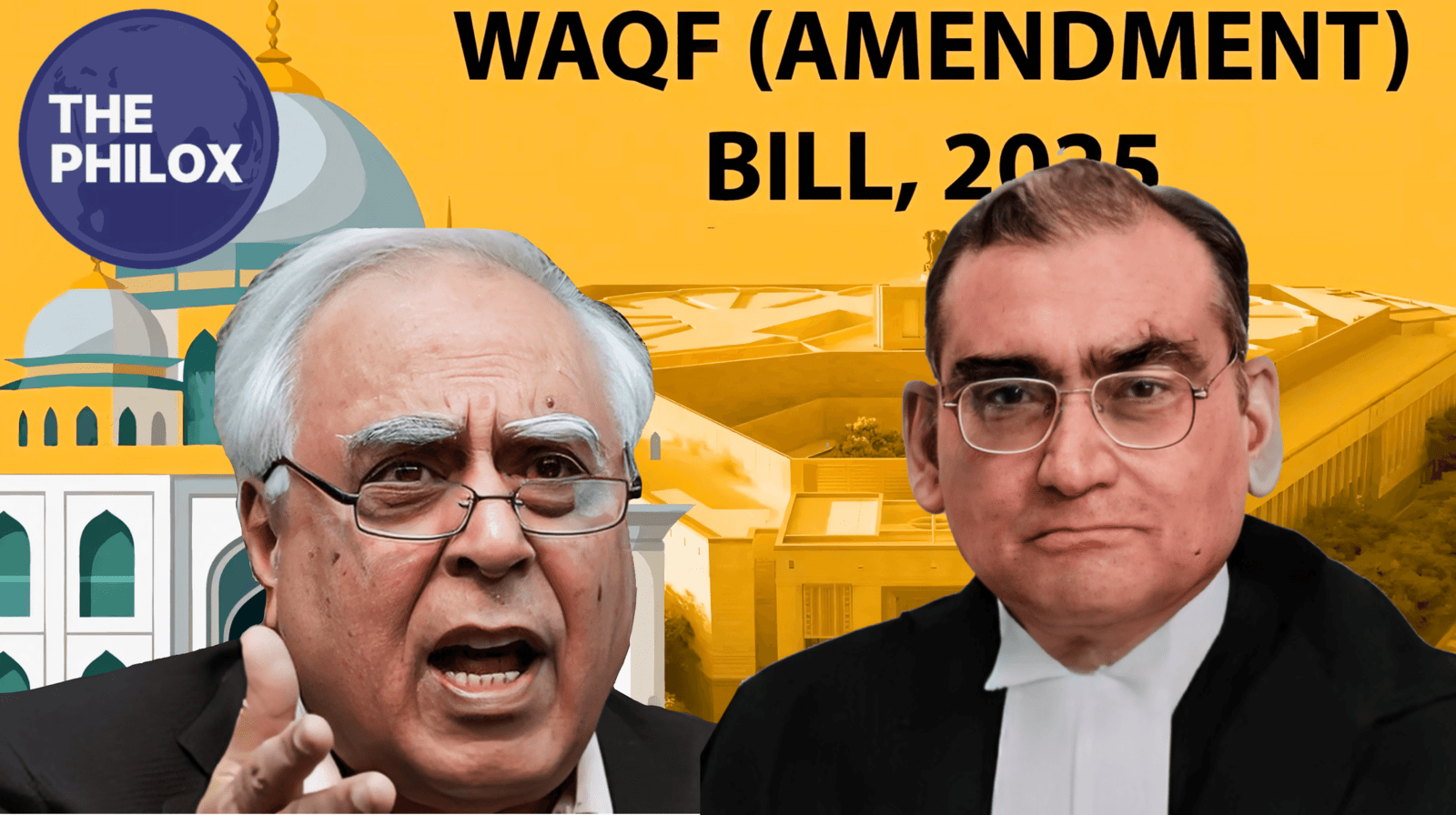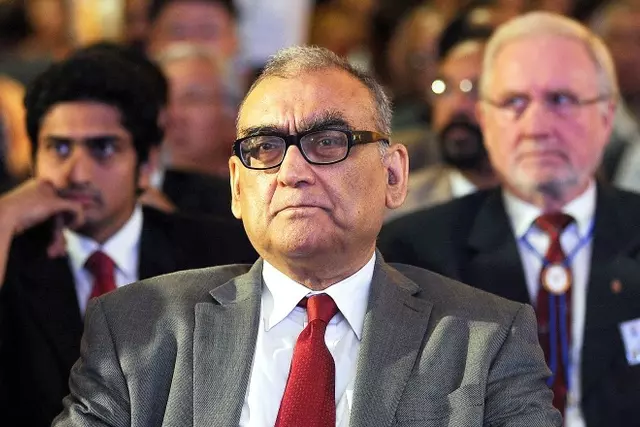Kapil Sibal, MP, former Union Minister, and Senior Advocate, Supreme Court, is my friend whom I greatly respect.
Nevertheless I totally disagree with his views on the Waqf Amendment Bill, 2024 which has recently been passed by the Indian Parliament, as well as the idea of a Uniform Civil Code ( UCC ) in India which was in the BJP Election Manifesto for the 2024 Parliamentary elections. I am often a critic of the BJP, but on these two issues I support it, whereas Kapil opposes it.
Before responding to Kapil I would like to say one thing. We must not mix up two different issues viz (1) the intent or motive behind the proposed law, and (2) whether it is a step in the right direction. In my opinion, though the intent and motive of the proposed two laws is political viz to consolidate Hindu votes in favour of the BJP ( to win elections by further polarization ), they are both steps in the right direction
As regards the UCC Kapil’s views are in the video link below :
Kapil calls the UCC issue a ‘thoughtless exercise’. He says that the BJP has not clearly said what will be the contents of the UCC. In other words, he asks what will be uniform ? He asks what will happen to HUF and ancestral property among Hindu, customs among tribals ( adivasis ), etc, and makes a grandiloquent and high sounding statement that diversity is consistent with harmony.
My response is as follows : it is true that the BJP has not presented a clear draft of what the UCC will contain. But it will obviously be about the law of marriage, divorce, maintenance, adoption, custody of children, and inheritance.
As regards marriage, under the UCC it can be performed either by religious rites of either party’s religion, or as a civil marriage under the Special Marriage Act.
As regards divorce, maintenance, adoption, and custody of children, broadly the provisions in the Hindu Marriage Act, Hindu Adoption and Maintenance Act, and Guardians and Wards Act can be followed.
To the objection that the first two laws were for Hindus only, so how can they be applied to Muslims, Christians, etc, the reply is that in fact these were broadly modern laws, which can be applied ( with some minor changes ) to all communities. For instance, before the Hindu Marriage Act, 1955 no divorce was permitted to Hindus ( except where permitted by custom ), and polygamy was allowed to Hindu males, by the old, non statutory Hindu law. These were totally altered by the Act, and the law was modernised
Similarly, the Hindu Succession Act, 1956 gave a right to daughters in the deceased’s personal property ( whereas earlier they got no share if the deceased had a son ). This Act can broadly be followed in the UCC but by abolishing HUF and ancestral property.
So there is no difficulty in having a UCC for all communities, just as there is a common criminal law for all ( the Indian Penal Code and Criminal Procedure Code )..
It must be understood that personal law is feudal religious law. India’s main enemy is feudalism and backwardness, and unless we destroy them we can never progress. So we must abolish personal law, like the sharia, which is an outdated feudal law made in the 7th century in Arabia. Almost all modern countries have a UCC, and in fact that was contemplated by our Founding Fathers who made the Constitution, vide Article 44 which states :
”The State shall endeavour to secure for the citizens a uniform civil code throughout the territory of India”.
As regards the Waqf Amendment Bill 2024, my opinion is that this too should be welcomed as a salutary step in the right direction ( irrespective of its motive ).
As I mentioned in my interview with journalist Neelu Vyas, in the Waqf Act, 1995 section 40 empowered the Waqf Boards to declare any property as waqf property.
This enabled the Waqf Boards, which were often centres of corruption, to grab a huge amount of land, by declaring it waqf property
Now the Waqf Amendment Act abolishes section 40, which is a salutary step in the right direction, which should be welcomed by all.
However, Kapil, in his speech in Parliament, did not deal with this central issue, or with the huge corruption by the Waqf Boards, but instead harped on relatively minor points
I submit that the difference between Kapil’s approach and mine is because Kapil is, and has been since long, a political creature, whereas I am, and always was, non political





nice